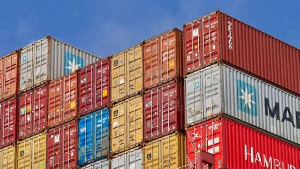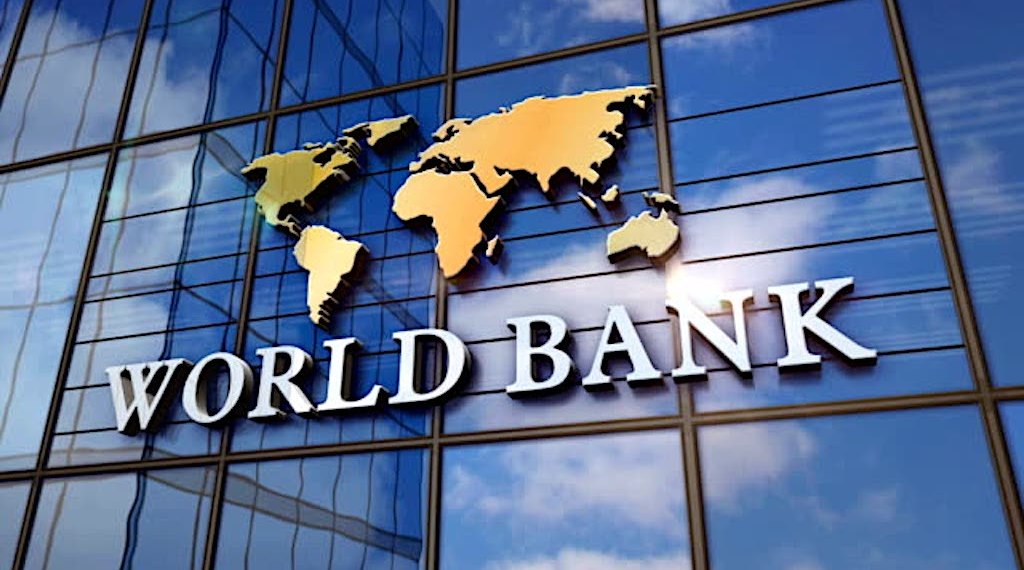The Electricity Company of Ghana (ECG) has located and recovered more than 1,000 previously unaccounted-for shipping containers from Tema Port, in what company officials are calling a critical breakthrough in resolving long-standing logistical bottlenecks.
Acting Managing Director Julius Kpekpena, speaking before Parliament’s Energy Committee this week, said the utility had “traced all of the containers” and initiated large-scale retrieval operations. “We’ve made a lot of progress,” Mr. Kpekpena said. “So far, we have moved over a thousand containers from the port.”
The announcement comes months after a parliamentary inquiry revealed that over 1,300 containers containing essential electrical equipment—including power cables—had gone missing. An independent audit had found only 1,134 of the 2,491 containers ECG claimed to have at the port, leaving 1,347 unaccounted for.
The recovery effort marks a turnaround for the state-run utility, which has faced mounting public scrutiny over operational inefficiencies and recurring power outages. Mr. Kpekpena said the company has intensified stabilization efforts across the grid. “We’re not saying outages have been eliminated, but we have significantly curbed them,” he told lawmakers.
Funding Breakdown, Contracting Lapses
The missing containers brought to light deeper structural and governance issues within ECG. According to an investigative committee led by Professor Innocent Senyo Acquah, ECG previously had a dedicated clearing fund that received weekly allocations for port duties—until the board discontinued the practice, citing a lack of funds.
In response, ECG awarded clearing contracts to two private firms, one of which was pre-financed by the company. However, investigators discovered that one of the firms lacked the required licenses to operate, raising red flags about compliance with procurement laws.
The probe further revealed that ECG’s procurement department had been merged with its Housing and Estate unit. Background checks on the Director of Procurement showed he had no formal training in the field and was not affiliated with any recognized procurement professional body.
Next Steps
The findings have prompted calls for a broader review of ECG’s internal controls and procurement processes. Energy and Green Transition Minister John Abdulai Jinapor has received the committee’s report and is expected to issue policy directives in the coming weeks.
Despite the setbacks, ECG’s leadership maintains that it is on course to restore reliability and improve transparency in its operations. “We’re putting in measures to ensure we never return to what we came to meet,” Mr. Kpekpena said.













